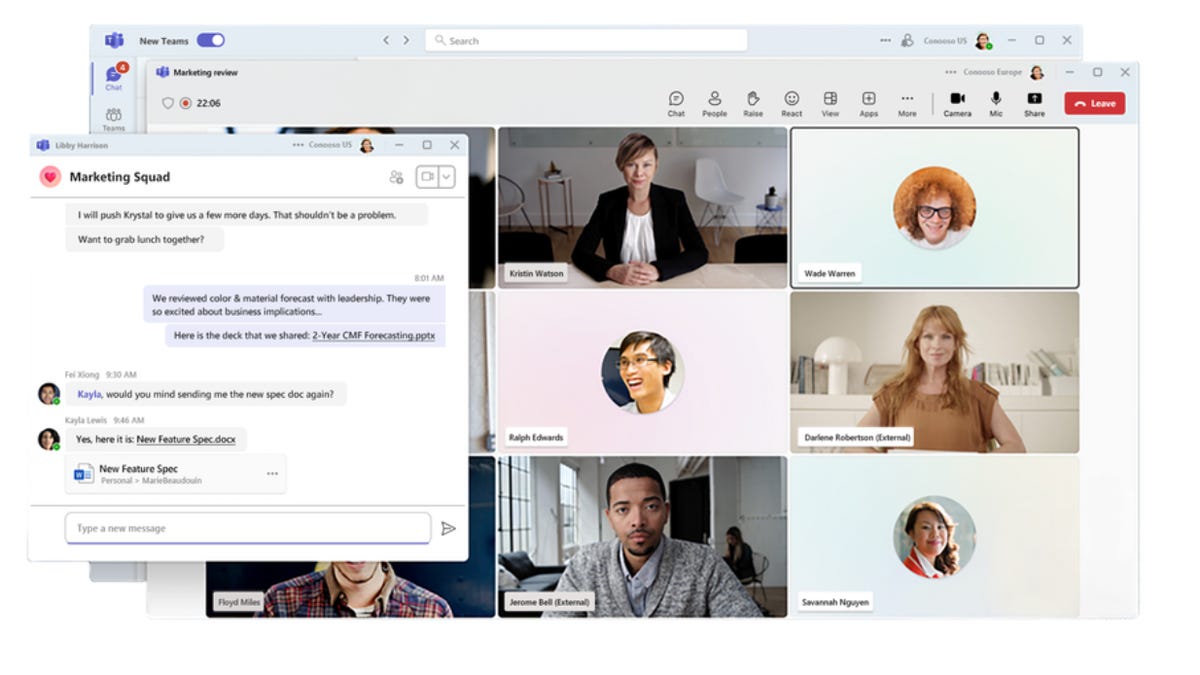AI research, ethics, collaboration, social impact.
AI research, ethics, collaboration, social impact.
The Gold Rush in AI Research: Navigating the Challenges of a Booming Industry
The field of artificial intelligence (AI) has witnessed an exponential growth in recent years, prompting major tech companies and venture capitalists to invest billions in AI research centers. The allure of generative AI and large language models (LLMs) has created a highly competitive landscape in which breakthroughs and discoveries are being made at an unprecedented rate. However, as the industry rushes forward, there are concerns about the ethical, legal, and societal implications that need to be addressed as part of responsible and transparent development.
Unleashing the Potential: The Importance of Collaboration
With the staggering investments pouring into generative AI, there is a growing fear that the pursuit of commercial dominance might hinder collaboration and knowledge sharing among researchers. The competition-driven culture could foster a sense of confidentiality, slowing down the pace of research and leading to redundant efforts. The lack of transparency could also pose significant challenges when it comes to evaluating the models’ robustness and potential detrimental effects.
To avoid these setbacks, it is vital for key industry players to establish a culture of cooperation and collaboration. By promoting the exchange of knowledge and ideas, researchers can foster more significant innovations and breakthroughs in generative AI technologies. Collaboration not only facilitates progress but also ensures the evaluation of models from different perspectives, thereby enhancing their safety and reliability.
The Dilemma: Balancing Commercial Interests and Societal Impact
As AI research becomes increasingly commercialized, there is a risk that institutions may prioritize projects with immediate commercial benefits, neglecting research avenues that could have broader societal impacts in the long run. This short-sighted approach could restrict the exploration of ideas that may contribute to groundbreaking discoveries in science, various industries, and the betterment of humanity.
Unfortunately, striking a balance between commercial pursuits and societal impact seems difficult in the current competitive landscape. The rapid progress and intense competition in AI research create an environment where ethical and responsible considerations often take a backseat. This poses a significant challenge for researchers and scientists who are concerned about the long-term consequences of hasty innovations.
The Path Forward: Ethics and Responsibility in AI Research
As AI continues to shape the future, it is imperative to address the potential ethical, legal, and societal implications inherent in these cutting-edge technologies. Responsible and transparent development practices are vital to building public trust and ensuring the maximization of AI’s benefits across various industries.
To achieve this, industry leaders must prioritize interdisciplinary collaboration and establish guidelines that encourage responsible AI research. These guidelines should encompass areas such as data privacy, bias mitigation, and algorithmic transparency. By including diverse perspectives, industry stakeholders can collectively navigate the challenges of a booming AI industry while minimizing risks.
In conclusion, the gold rush in AI research presents both opportunities and challenges. While the investments and rapid progress drive innovation, it is crucial to maintain a focus on responsible and transparent development. Collaboration and interdisciplinary approaches can help mitigate potential setbacks and ensure that AI’s benefits are maximized across various sectors, benefiting both industry and society as a whole.







